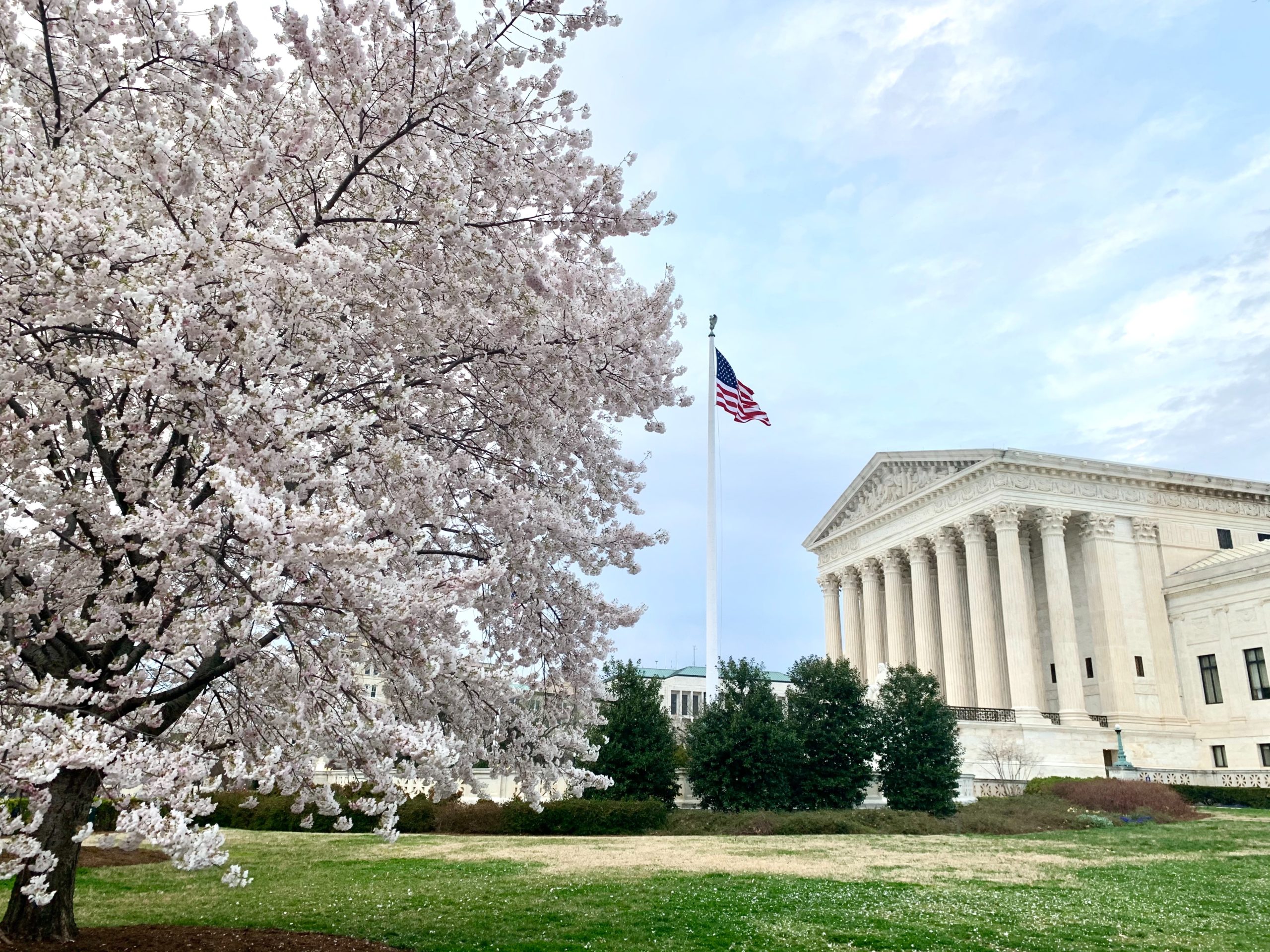Breaking Down The Supreme Court’s Decision on Implied Certification Theory

I’m indebted to Stephen Jaffe of the Jaffe Law firm in San Francisco, California for sharing his work on his qui tam action, which is out of seal.
Mr. Jaffe is handling one of the first cases to be hit with a Defense Motion citing the recent Supreme Court decision in United Health Care Services v. U.S. Ex rel Escobar as a reason to alter the trajectory of a case. It may seem strange that a Decision, which fundamentally affirmed the Plaintiff’s bar notion of what implied certification in a false claim case is, should be used to attempt to dismiss cases.
Since it is a big decision and since it does bear directly on what a “claim” is under the Act, of course, it can be cited, but I think a lot of what is happening is based on attempts to read more into the decision for the defense than there really is. Hopefully, courts will see it that way too.
We’ve noticed since the case was decided an unfortunate tendency to misquote a key section of the decision.
Id. at *9.
That is a purported quote from the Decision as posted by a very prestigious Defense oriented law firm and I’ve seen the “must be” in other forums now as well. The only problem with it is that the decision says this:
You could, as they say, look it up.
Now if Justice Thomas had wanted to say “must be” he would have. He didn’t and the Court didn’t.
This paragraph comes after a long explanation of the case itself and what was to be resolved by the court including this statement “We need not resolve whether all claims for payment implicitly represent that the billing party is legally entitled to payment. The claims in this case do more than merely demand payment.”
So the Court simply did not decide if all claims demanding payment and violating a material term were also potentially implied certifications, but rather laid a foundation, an inclusive foundation, which could be used to establish such liability, especially in the health care context under which the Escobar facts came to light.
I realize litigants are safest in applying this two step process and showing how the facts of their particular case fit within it to sustain an implied certification case. I also think government contracting is likely to include invoices from now on that make a reference to a contract so as to make adherence to that contract much easier to maintain.
Still, it is not at all clear that implied certification is a limited doctrine or can’t be expanded upon based on this decision. The Court may be called on again to resolve the issue of whether every claim implies payment based on material terms of a contract or regulation. But the Court left room here for other cases.
For example, the Court noted the iconic case of a gun not being able to shoot potentially being a false claim. The original versions of that False Claims Act case came from invoices submitted to the government in the 1860s and the invoices did not have codes on them suggesting any type of conformance to law or regulation. The only issue was that the guns were supposed to be guns.
But it was fraud because the guns did not shoot and everyone knew regardless of law or regulation that an invoice to the Army for guns “implied” they would shoot.
That case does not appear to fit under this two-step process, but Thomas still said it could be fraud if everybody knew the government only pays for guns that shoot.













